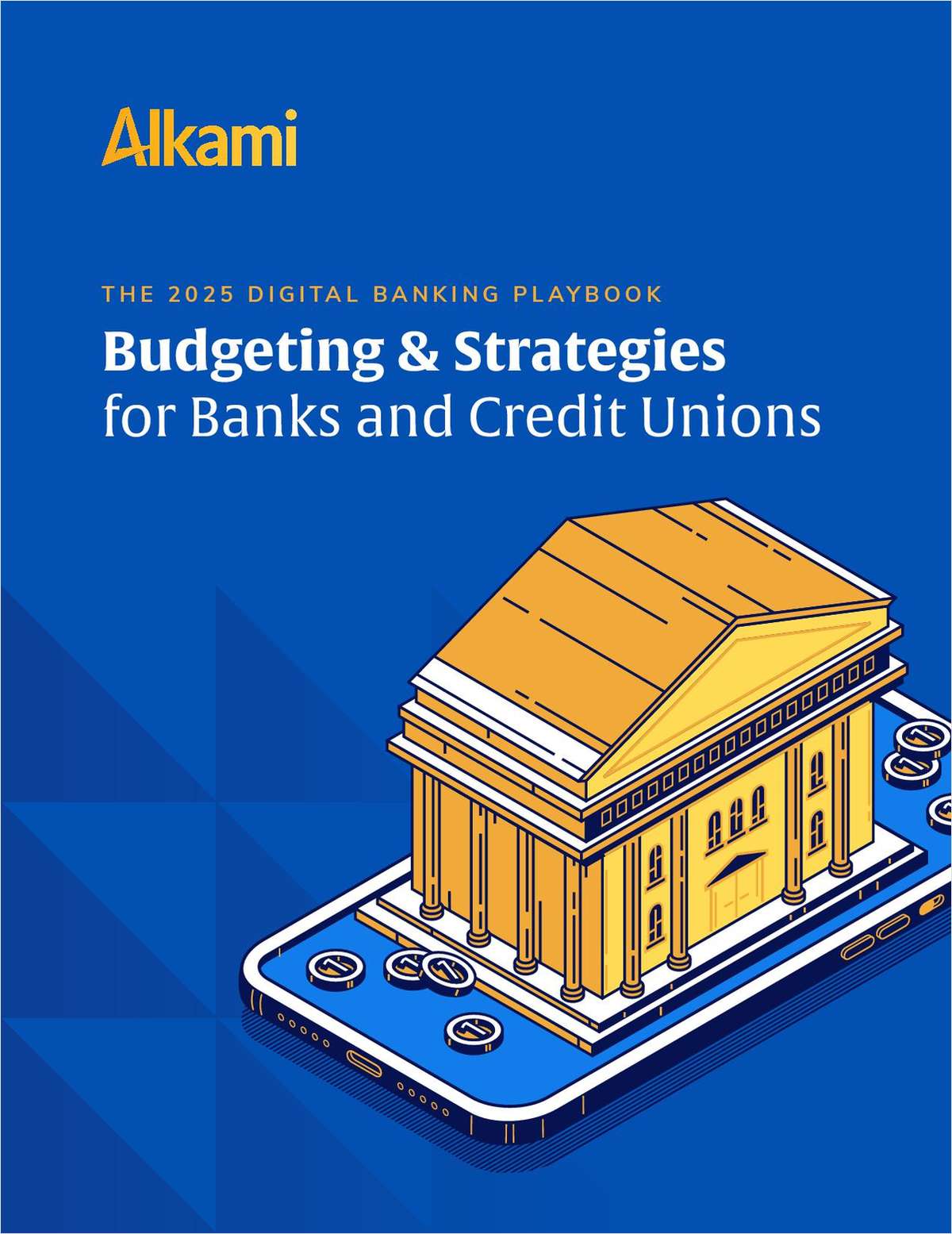SALT LAKE CITY -U.S. District Court Judge Dale Kimball vacated the magistrate judge's decision to permit discovery in the American Bankers Association v. NCUA lawsuit and found for the defendants in its objection to the lengthy discovery process. The Feb. 12 decision was accompanied by a new, expedited schedule for the case. NCUA must file the administrative record with the court within 20 days. The plaintiffs have 30 days after that to file their brief, then the NCUA, CUNA, NAFCU, the Utah League of Credit Unions and the affected credit unions have 30 days to file their brief. The bankers are then given 15 days to respond. "The duty of the court reviewing agency action under the `arbitrary and capricious' standard is to ascertain whether the agency examined the relevant data and articulated a rational connection between the facts found and the decision made," Judge Kimball ruled quoting case law. "Because the arbitrary and capricious standard focuses on the rationality of an agency's decisionmaking process rather than on the rationality of the actual decision, `[i]t is well-established that an agency's action must be upheld, if at all, on the basis articulated by the agency itself.'" "We were pleased with Judge Kimball's decision," NCUA Trial Attorney John Ianno said. He noted that it is appropriate, as the judge said in his decision, to determine the reasonableness of the agency's decision. Though this decision does not reflect on the merits of the case, he said that it shows the judge comprehends the focus of the case. Ianno added that NCUA has already turned over the certified administrative record to the U.S. attorneys. NAFCU General Counsel Bill Donovan pointed out that the decision must only be made in a reasonable manner as the judge's decision stated. "It doesn't mean it had to be done in the way the court would have done it or the way a plaintiff would have done it," he said. "This is good news for us because the judge is treating this as an administrative law case in the traditional manner of the court," CUNA General Counsel Eric Richard added. He explained that this means the court would likely give deference to NCUA's decision on the fields of membership in question. Donovan agreed. "It demonstrates a degree of deference for the agency's position as the regulator charged by Congress with enforcing and administrating the law," he said. Now the question the court will determine is did the agency use its discretion properly. In any case, the judge explained in his finding for the defendants on the discovery objection, if the agency's decision making process is not found to be satisfactory, the issue would be remanded back to the agency and not be decided by the court. Even if the case was remanded, Donovan said, it would not necessarily mean that the court wanted the agency to change its decision. It may simply mean the court feels NCUA should have additional information before it prior to making that decision. Judge Kimball is still allowing the bankers to raise the issue of a lack of information at trial, according to the decision. NCUA and the intervenors-including CUNA, NAFCU, the Utah League of Credit Unions and the three affected credit unions-had filed an objection to allow discovery because precedent says that an Administrative Procedures Act case such as this one should proceed as an appeal, and broad discovery, as was permitted by the magistrate judge's decision, was inappropriate. "There is still the possibility of supplementing the administrative record moving forward," ABA Public Relations Director Charlotte Birch said. There are several steps to go through before the oral arguments are reached, she noted. "We knew this was going to be a long process and there would be high hurdles to overcome but we're in it for the long haul," she said. The ABA and others filed suit against NCUA for their application of the field of membership rules to allow Tooele Federal Credit Union to expand its community charter to encompass six counties saying that the area was not a "local" community and NCUA's approval was "arbitrary and capricious." Two other credit unions were subsequently approved for the same area. [email protected]
Complete your profile to continue reading and get FREE access to CUTimes.com, part of your ALM digital membership.
Your access to unlimited CUTimes.com content isn’t changing.
Once you are an ALM digital member, you’ll receive:
- Breaking credit union news and analysis, on-site and via our newsletters and custom alerts
- Weekly Shared Accounts podcast featuring exclusive interviews with industry leaders
- Educational webcasts, white papers, and ebooks from industry thought leaders
- Critical coverage of the commercial real estate and financial advisory markets on our other ALM sites, GlobeSt.com and ThinkAdvisor.com
Already have an account? Sign In Now
© 2025 ALM Global, LLC, All Rights Reserved. Request academic re-use from www.copyright.com. All other uses, submit a request to [email protected]. For more information visit Asset & Logo Licensing.









